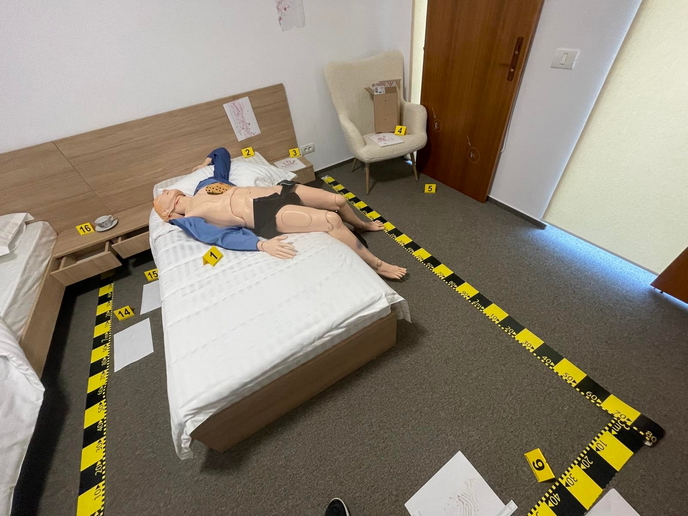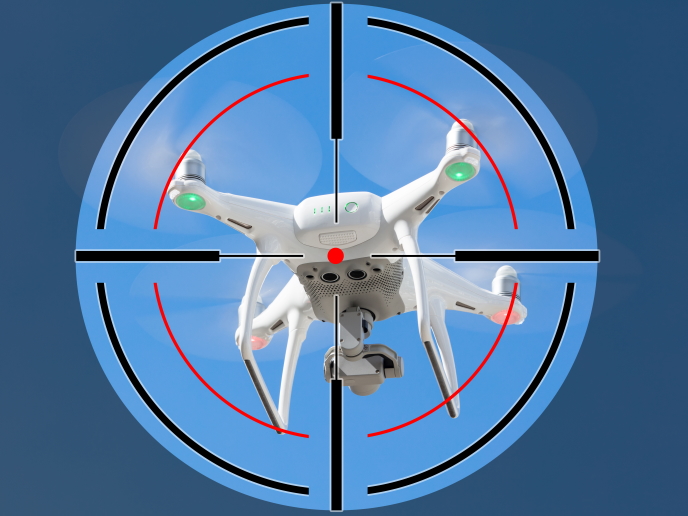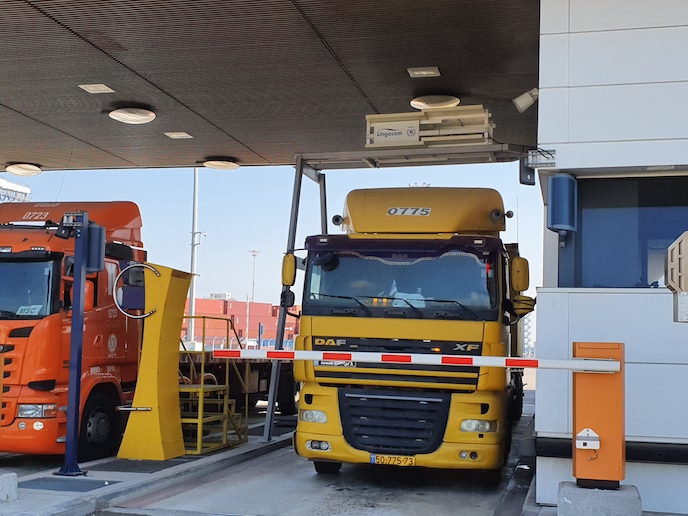Training police with serious games
Criminals increasingly use advanced technologies to carry out illegal activities, and law enforcement must leverage the same tools to combat crime. However, many training programmes are out of date and fail to adequately prepare police officers for the challenges they will face. The EU-funded LAW-GAME project built on an in-depth analysis of police officers’ learning needs to create a technological platform that enhances officer training.
Modular tools to combat crime
The vision of LAW-GAME was the creation of a platform accessible to security providers across Europe. By using serious games to train personnel, the project aimed to improve the effectiveness, cost and speed of law enforcement training. To create the games that make up the LAW-GAME world, several advanced technology modules were needed. In addition to developing an AI narrator, the project developed tools to recognise expressions of human emotion in virtual reality (VR) using multiple inputs, including physiological signals and facial expressions. A dialogue engine that allows for smooth interaction between human players and non-player characters further enhances the VR experience. A scenario configurator develops multiple mini-game situations to stock the LAW-GAME library and challenge players. A standalone tool for crime scene analysis incorporates ballistic analysis, object and human detection, as well as crime scene reconstruction modules. Developing the modules that make up the training games was an iterative process. According to project coordinator Katerina Margariti: “Iterative testing prior to the pilots was critical to refining and improving the integrated LAW-GAME system, and regular communication with end-users and technical partners was essential to the success of the platform evaluation.” Communication and constant feedback also helped end users become familiar with the platform and the VR environment.
Pilots address core skills
Based on analysis of police officers’ learning needs, LAW-GAME developed pilot studies to address crime scene investigation, interrogation and negotiation, terrorism management and car accident reporting. The pilots were carried out in the summer of 2024 in Greece, Estonia, Lithuania and Romania. The terrorist game was assessed in Estonia. In this game, trainees attempt to predict terrorists’ actions and terminate critical situations in a virtual environment. The game develops situational awareness and rapid response times. The Greek pilot focused on interrogation and negotiation skills. In this role player game, the trainee engages with an AI-assisted avatar who refuses to share information with the authorities. The game provides the opportunity to develop an interrogation plan, and the user receives feedback on their performance. The car accident game was conducted in Lithuania. Trainees use virtual instruments and tool kits in a 3D reconstruction of an accident site to collect information. Tyre marks, debris, and a vehicle’s final position help police officers assess what happened before, during and after an accident. The crime scene investigation was piloted in Romania. In this VR experience, the player must use virtual tools to collect and evaluate a range of evidence including firearms, fingerprints and human remains. With its innovative approach, the project has the potential to improve law enforcement training. As Margariti says: “LAW-GAME introduces an engaging approach to developing the core skills required to conduct law enforcement.” With a focus on conflict resolution and communication, the games develop leadership skills as well.
Keywords
LAW-GAME, crime, virtual reality, serious games, gamification, artificial intelligence, modular tools police training







